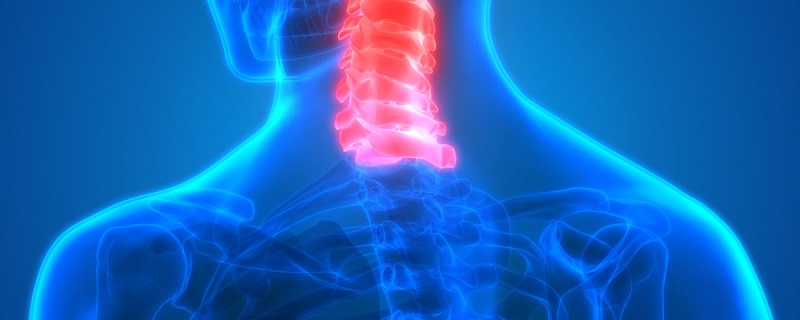A surgeon may recommend cervical spine surgery to relieve neck pain, numbness, tingling and weakness to prevent the abnormal motion in your neck. It may be done by removing a disc or a bone and fusing the vertebrae together with a bone graft. The bones grafts are of basically two types: an autograft in which own bone is taken or an allograft in which bone of donor person is used. In some cases, metal plates or screws are also used which is called as instrumentation. An alternative to this is the replacement of cervical disc using an artificial disc that works as a perfect substitute. A good thing is that cost of Cervical Spine Surgery in India is not so high. Surgery can be performed for various treatments. Usually, it is done for degenerative disorders, trauma, and instability.
Here are some diseases which may need surgery:
Degenerative Disc Surgery: in this type of disease, the disc or cushion pads between your vertebrae shrinks causing herniation. There are also possibilities of having arthritic areas in the spine. This degeneration can cause a lot of pain, numbness, tingling, and weakness from the pressure on the nerves.
Cervical Deformity: IN this type of deformity, surgery is performed to straighten and stabilize the spine. There can be hyperlordosis or swan neck deformity. Upper neck disorders also called craniocervical or craniovertebral or any other abnormalities can affect the cervical spine. Since our neck is one of the most flexible parts of the body; it becomes more vulnerable to injury. In severe ones, it can cause fracture or dislocation of the vertebrae. Fortunately, the cost of cervical spine surgery in India is not so high as compared to other countries.
In a spinal surgery, there are some risks involved. Possible complications even include permanent damage to spinal cord, nerves, esophagus, arteries and vocal cords too. Any of these injuries can worsen the situation and can lead to more surgeries. There are some other risks too which are necessary to learn before undergoing a surgery.
The recovery period is also equally important as a pre-surgery period. The body needs complete time to heal and return to normal but understand this; it is not possible to live like before. Recovery time varies from body to body. Follow all the instructions by the doctor carefully. Here are some tips for recovering fast:
Keep frequently used items within reach: in the initial days after surgery, it is strongly recommended to not to bend or lift at any time. So, make sure to keep the daily use items near and within reach. One can use disposable plates and glass for having food and water respectively.
Arrange a helper: It will not be possible to do all the work own self, so ask a relative or a friend to stay with you for some days after surgery.
Take precautions to avoid slipping: It is advised to take a walk after an injury to avoid stiffness but take care of everything. Make sure, there is nothing slippery on the floor or any kind of electric wire. Using a shower mat is strongly recommended while bathing.

